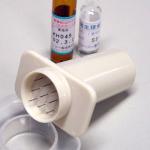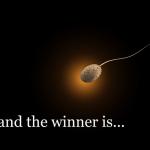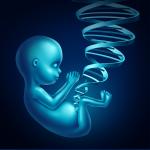“Humans, it seems, have far fewer genes than had been expected — in fact, only a third more than the lowly roundworm. How can this be? And what does it mean?
epigenetics
Early in the COVID-19 pandemic, public health officials noticed something strange: Countries that still used the BCG vaccine against tuberculosis had fewer infections and deaths from coronavirus.
As we mature through infancy, adolescence, adulthood, and our "senior" years, our bodies go through many changes.
Is it possible that our children inherit more from us than genes and a home?
Humans and other animals possess two copies of most genes. This stems from the fact that animals contain pairs of chromosomes, one from the mother and one from the father.
Causes of obesity are not as simple as a lack of exercise or overindulging.
Undoubtedly, you have heard dozens of pieces of advice, telling you how to lead a healthier and potentially longer life.
My pregnant mom - while caring for her ill father - got a call her grandfather died. She started to shake uncontrollably as her water broke. Shortly thereafter, out I came - nearly a month before I was due.










